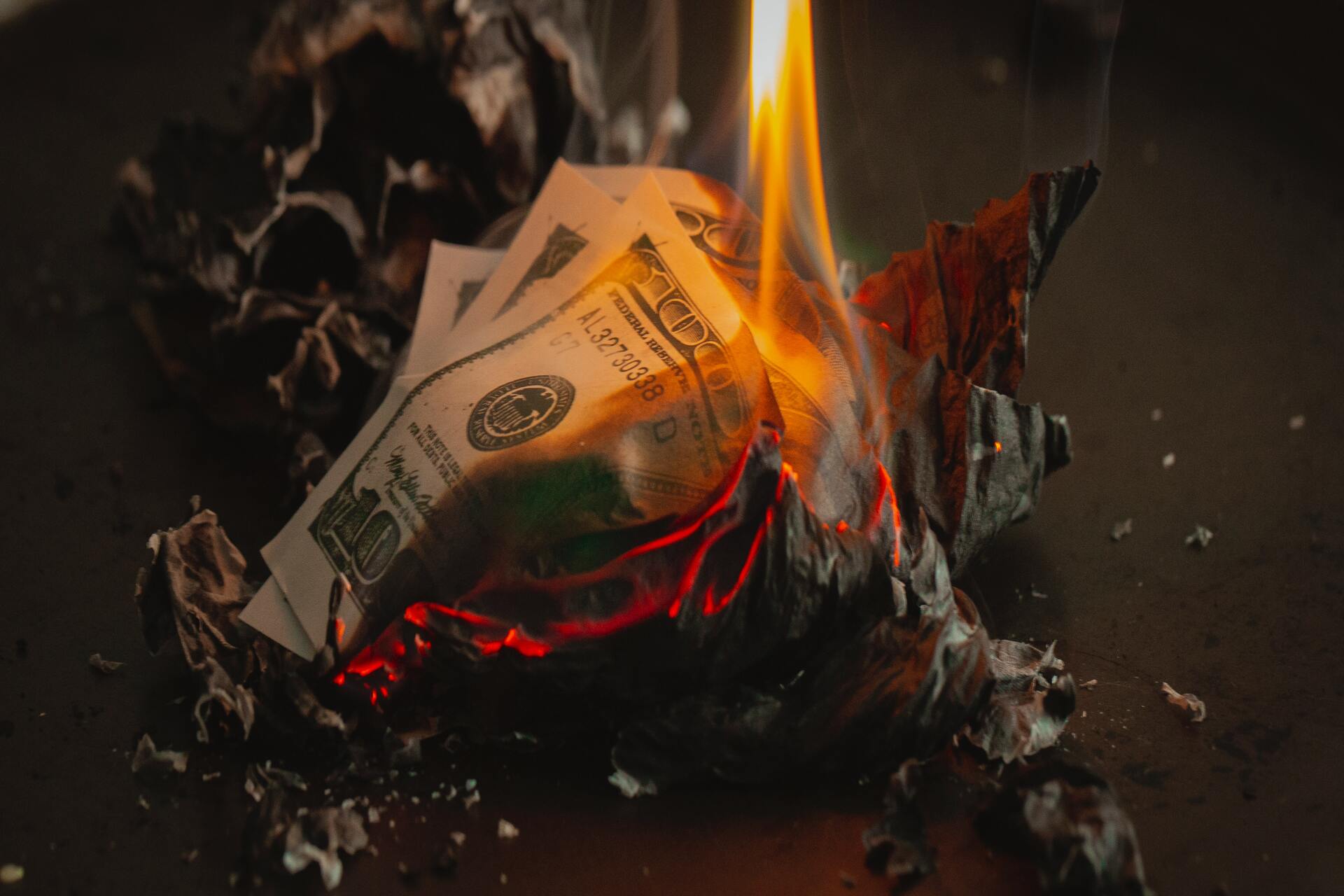Unpopular opinion: Regulators should not intervene with Cryto

Photo Credit: Mariia Shalabaieva @ Unsplash
FTX, one of the biggest cryptocurrency exchanges after Binance, has collapsed, bringing with it $8 billion USD of investors’ funds. It was only a few months ago that FTX’s founder, Sam Bankman-Fried, was featured in the Fortune magazine hinted as the next Warren Buffett. No one knows if the $32 billion USD crypto giant is now worth anything and how exactly the implosion occurred. Since the crypto industry is largely unregulated, it is unknown if Bankman-Fried will be held accountable or if investors will get any money back. Obviously, regulators are under pressure to exert more control on the crypto industry. However, I think lawmakers should tread the path carefully, as excessive controls could mean the end of the whole industry.
The typical bank run over illiquid risky trading
Early reporting showed that FTX loaned $10 billion USD to Alameda. The money came from customers’ deposits on the exchange for trading purposes. Alameda then poured money into risky ventures with low liquidity. If this sounds familiar, you are probably having flashbacks of the 2008 Global Financial Crisis, when banks were pouring money into Subprime Mortgages.
When Changpeng Zhao, Binance’s founder, sold his stake in FTT ($500 million USD), the underlying token of FTX, citing transparency issues, it sparked a run on FTX’s reserve. The selling sent FTT’s price spiralling downward, and other investors rushed to take their money out. Before pausing withdrawal requests and collapsing, it was estimated that $5 billion USD was withdrawn from FTX.
Not only mum-and-dad investors, but the big name capital firms are also facing enormous losses, including Sequoia Capital, Tiger Global Management, Ontario Teachers’ Pension Plan, and Singapore’s state-owned fund Temasek. Some of them have fully written off their investments in FTX.

Photo Credit: Jp Valery @ Unsplash
Control vs Education
Other crypto trading platforms have started to publish information about their money held in reserve, but this has not stopped the question if regulators should try to put in place controls over the crypto industry.
Some argue investors buying crypto assets should have the same protection as those who purchase shares and bonds. However, this is hard to achieve given the vast variety of crypto assets. In addition, crypto companies can simply shift their operation to a low-regulation country. Bankman-Fried ran his crypto empire from the Bahamas.
The best regulators can do is push for disclosure requirements so that investors can evaluate the associated risks. This is still suboptimal, as mom-and-dad investors may not comprehend the disclosed information. Big funds should have the resources to do the due diligence themselves.
Another approach would be for regulators to exert little control. After all, the appeal of crypto assets is the alternative to governments and trusted third parties. Imposing too many controls can deteriorate this appeal and essentially kill the industry.
In this scenario, regulators should play a more active role in educating people about the risky, unregulated nature of the crypto world. Investing in crypto assets is a speculative move. People hope that their crypto assets will go up in price, and they can then sell for a profit. Therefore, there are no underlying real assets to back up the value of the crypto assets. In contrast, the underlying asset of a share is part ownership of a company.
The value of cryptos relies entirely on the supply and demand of investors participating in the market, which is prone to market manipulation (think pump and dump). Even the supposedly safe stablecoins, Luna and its sister token terraUSD could not escape the death spiral when the link between them was broken. Investors have lost billions of dollars in a matter of days.
Whatever the chosen action is, regulators must be loud and clear. It is extremely dangerous to give hollow promises of market tightening in response to pressure to intervene. This will give retail investors, the most vulnerable group of investors, the illusion that regulators will make crypto trading safer, which is the recipe for another disaster.